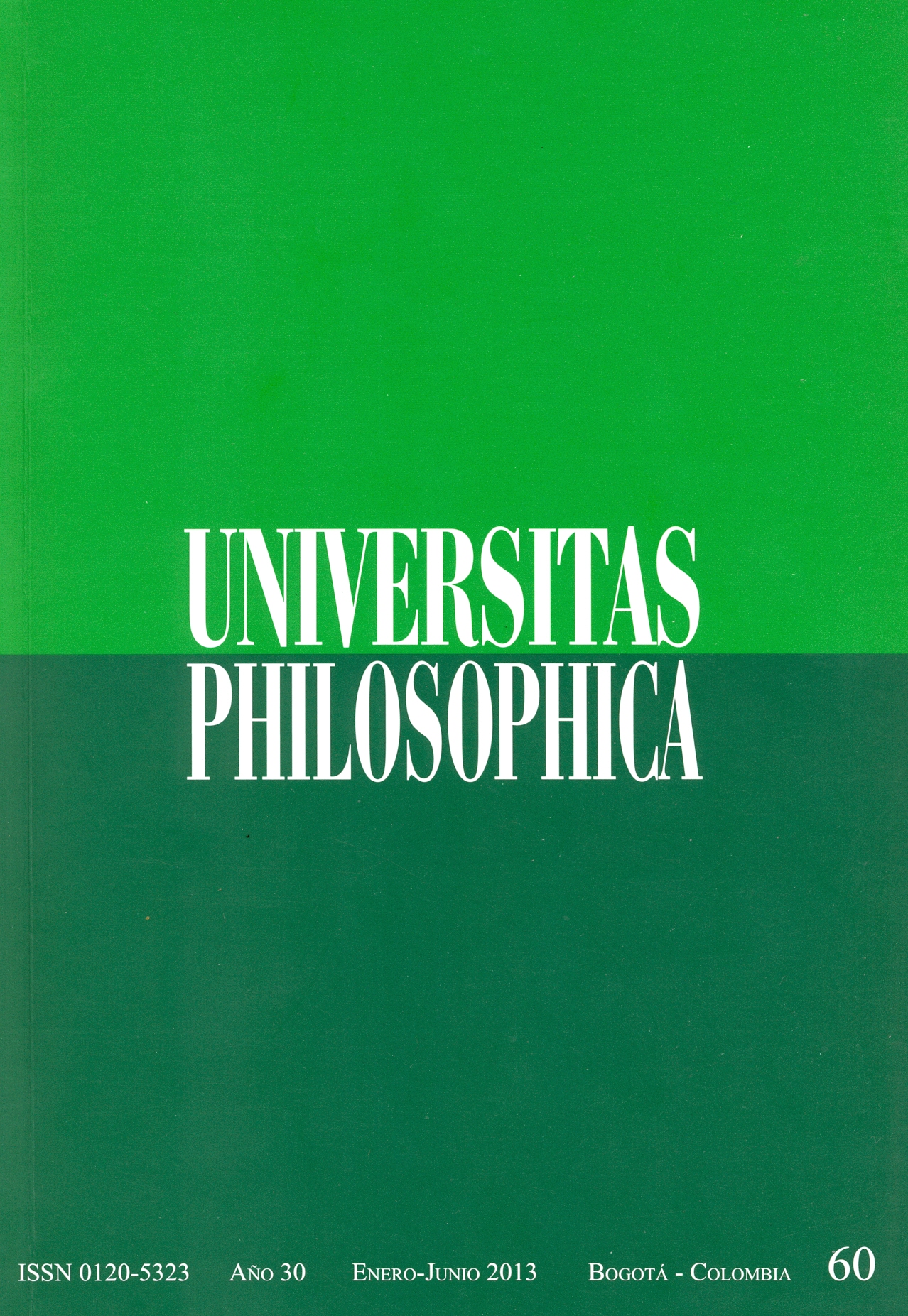Abstract
This article aims to analyze Arendtian notions of “radical evil” and “banality of evil” with their respective relations. Arendt described terror as the “essence” of totalitarian regime. This terror differs from the most familiar cases of revolutionary or tyrannical terror the former not being really a means at all, but a process without a goal. Its goal was to reveal the sheer superfluousness of human beings, to show that there are no limits inherent to power’s ability to dehumanize individuals. Arendt introduced the notion of “radical evil” to describe atrocious crimes of totalitarian regimes. But she goes from the idea of radical evil to the controversial notion of banality of evil. This notion occurred to her during the coverage Adolf Eichmann’s trial in Jerusalem for The New Yorker. Arendt describes with the notion of the banality of evil a bureaucratic agent that makes atrocious crimes without the presence of a wicked motive or ideological fervor.
This journal is registered under a Creative Commons Attribution 4.0 International Public License. Thus, this work may be reproduced, distributed, and publicly shared in digital format, as long as the names of the authors and Pontificia Universidad Javeriana are acknowledged. Others are allowed to quote, adapt, transform, auto-archive, republish, and create based on this material, for any purpose (even commercial ones), provided the authorship is duly acknowledged, a link to the original work is provided, and it is specified if changes have been made. Pontificia Universidad Javeriana does not hold the rights of published works and the authors are solely responsible for the contents of their works; they keep the moral, intellectual, privacy, and publicity rights.
Approving the intervention of the work (review, copy-editing, translation, layout) and the following outreach, are granted through an use license and not through an assignment of rights. This means the journal and Pontificia Universidad Javeriana cannot be held responsible for any ethical malpractice by the authors. As a consequence of the protection granted by the use license, the journal is not required to publish recantations or modify information already published, unless the errata stems from the editorial management process. Publishing contents in this journal does not generate royalties for contributors.


